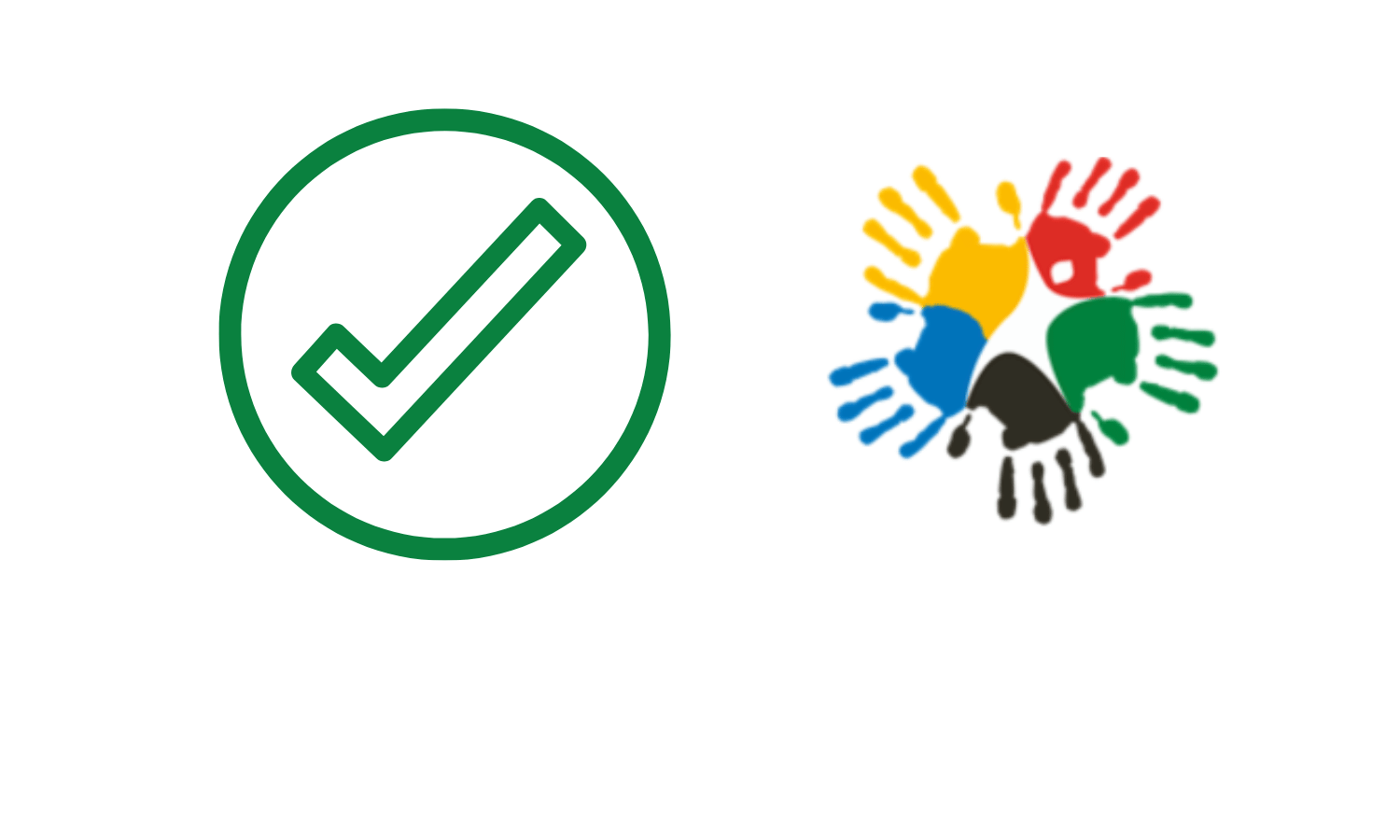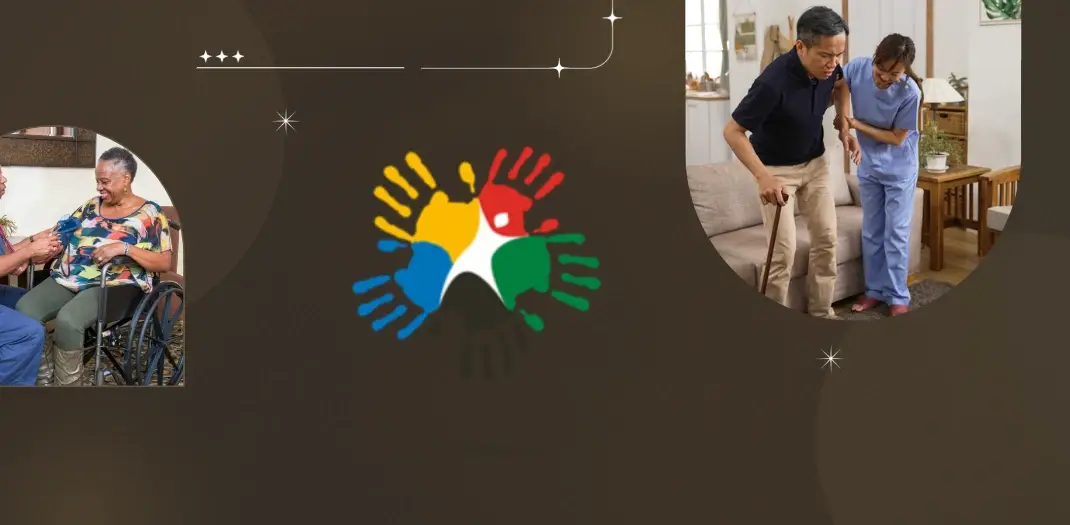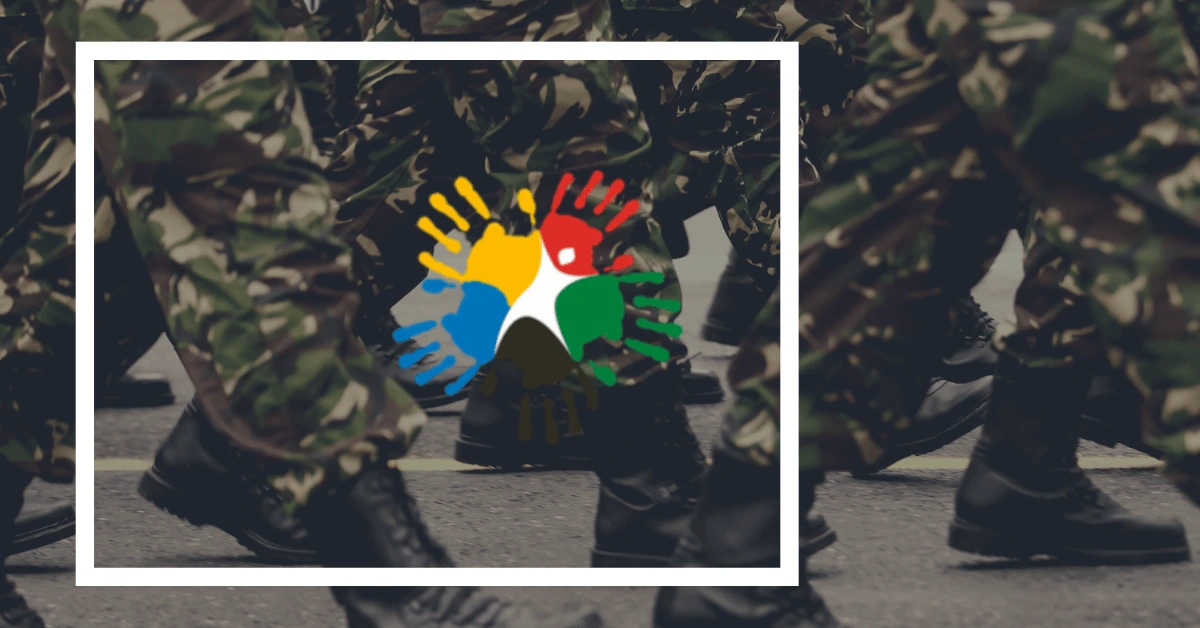Millions of South Africans rely on the SASSA Social Relief of Distress (SRD) R350 Grant, a critical financial aid program administered by the South African Social Security Agency (SASSA) under the Department of Social Development. Introduced during the COVID-19 pandemic, this grant supports unemployed or low-income citizens facing economic hardship.
But what if your application is approved, and the payment doesn’t arrive? Below, we explain common causes and actionable solutions—backed by official SASSA guidelines.
Key Reasons for SASSA R350 Payment Delays
The SRD Grant’s approval process involves strict checks to ensure compliance with the Social Assistance Act 2004. Payment delays often stem from:
- Excessive Bank Balance: Accounts holding over R624 (the threshold per SASSA rules) automatically disqualify recipients.
- Incorrect Application Details: Errors in ID numbers, bank details, or contact information halt payments.
- Multiple Applications: Duplicate submissions flag fraud checks, delaying processing.
- System Upgrades: SASSA occasionally updates its platforms (e.g., integrating with the South African Post Office/SAPO for payments), causing temporary status errors.
- Eligibility Lapses: Recipients must re-confirm criteria like income, residency, and lack of other social grants every 3–6 months.
Key Takeaway: Always verify your application details and bank balance first. SASSA payments align with the National Treasury’s disbursement schedules, which may lag during high-volume periods.
Step-by-Step Solutions to Resolve Payment Issues
1. Update Your Banking Details
If your account exceeds R624, SASSA will block payments. To fix this:
- Log into the SRD Grant portal (https://srd.sassa.gov.za).
- Navigate to “Bank Details” and submit a new account (or opt for SAPO collections).
- Allow 5–7 business days for SASSA to reprocess.
Pro Tip: Use the SASSA Status Check tool daily to monitor updates.
2. Correct Application Errors
Inaccurate details freeze payments. Rectify this by:
- Visiting a SASSA office with your ID and proof of residence.
- Updating information online via the portal.
3. Report Delays via Official Channels
If payments stall beyond 10 business days:
- Call: 0800 601 011 (8 AM–4 PM weekdays)
- WhatsApp: 082 046 8553
- Email: Grantsenquiries@sassa.gov.za
Key Takeaway: Avoid third-party “helpers”—SASSA never charges for grant services. Report scams to the South African Police Service.
Eligibility Checklist: Ensure You Qualify
The SRD Grant mandates:
- Age: 18–60 years old.
- Residency: South African ID or valid asylum permit.
- Income: No formal employment or other grants (e.g., UIF, NSFAS).
- Assets: Total assets below R1,200 (urban) or R2,500 (rural).
Key Takeaway: Reapply every 3 months via the SASSA portal. Approval isn’t automatic—eligibility is reassessed quarterly.
Additional Resources
- SASSA Official Website: https://www.sassa.gov.za
- SRD Grant Appeals Process: File disputes within 30 days of rejection.
- Department of Social Development Hotline: 012 312 7500
Final Note: Payment delays are often resolvable within 7–10 days. Stay informed through SASSA’s verified channels and avoid sharing personal data on unofficial platforms. For real-time updates, bookmark this page or follow SASSA on Twitter (@OfficialSASSA).
Need more help? Drop your questions in the comments below!









